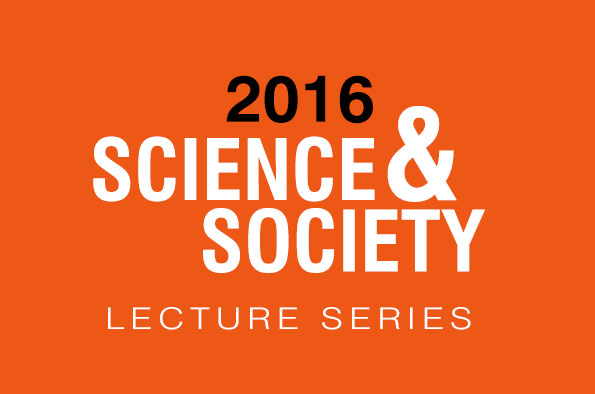
Reproductive technologies: Choices and changing families? - Science and Society Lecture
- +44 (0) 151 795 0447
- Mathilde Chapal
- Admission: This event is free, but please register for tickets.
Add this event to my calendar
Click on "Create a calendar file" and your browser will download a .ics file for this event.
Microsoft Outlook: Download the file, double-click it to open it in Outlook, then click on "Save & Close" to save it to your calendar. If that doesn't work go into Outlook, click on the File tab, then on Open & Export, then Open Calendar. Select your .ics file then click on "Save & Close".
Google Calendar: download the file, then go into your calendar. On the left where it says "Other calendars" click on the arrow icon and then click on Import calendar. Click on Browse and select the .ics file, then click on Import.
Apple Calendar: The file may open automatically with an option to save it to your calendar. If not, download the file, then you can either drag it to Calendar or import the file by going to File >Import > Import and choosing the .ics file.
Since 1978, the beginning of assisted reproductive technologies (ARTs) has changed the lives of many people who have been enabled to choose to have children whom ‘nature’ might have denied them.
Gamete donation and surrogacy has opened the door to new ways of founding and shaping families. Children may be born with two or three mothers, two fathers, or simply one single parent. The law has struggled to keep up with medical science and the extension of choices in reproduction has not met with universal approval. Should the law focus on the welfare of the child to be born? And what legal changes should be made in the way that family law responds to reproductive choices?
Professor Brazier will examine and discuss how reproductive medicine has changed families, for good or for ill.
